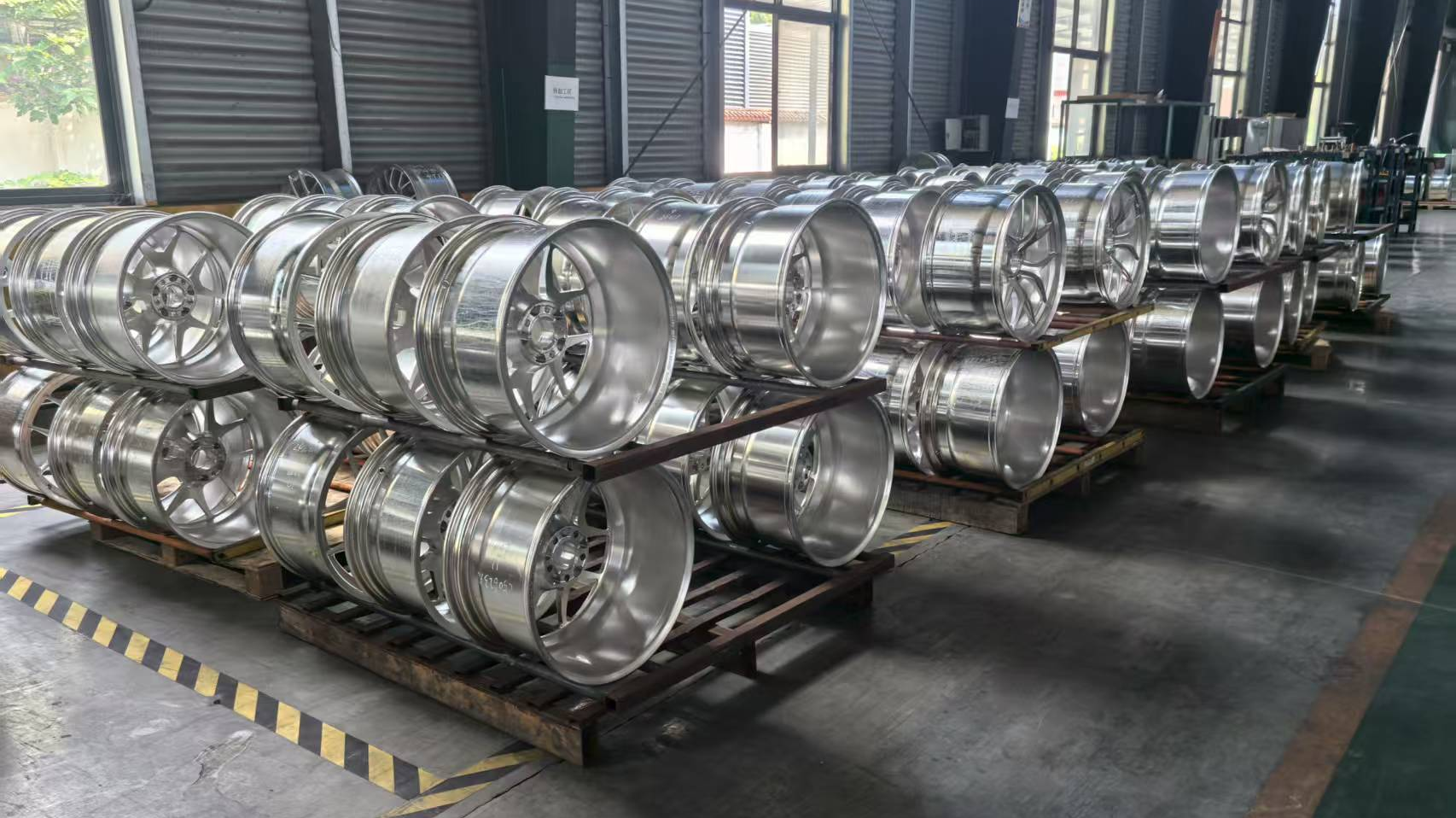Magnesium Wheel News & Guides
Are Aftermarket Forged Wheels Worth It? What You Gain (and What to Watch For)
Why Magnesium Rims Reduce Unsprung Mass (and Why That Changes Everything)
Forged Rims for Street vs. Track: When Forged Magnesium Is the Right Choice
What Forged Magnesium Wheels Do to Lap Times: Real Track Data, Real Gains
Why Magnesium Sets the Standard for Lightweight Wheels
Why Forged Magnesium Wheels Dominate in Motorsport
Aftermarket Performance Wheels Explained: How to Choose the Right Setup for Your Build
Why Forged Magnesium Rims Cost More
Forged wheels already sit at the higher end of the pricing spectrum because the forging process requires specialized equipment, multiple heat cycles, and extensive machining. Add magnesium into the mix, an exotic, lightweight metal with demanding production requirements, and costs rise even further.
Forged Rims vs. Forged Magnesium Rims: Key Differences
Are Forged Magnesium Wheels Worth the Price?
Forged Magnesium Wheels for Supercars: Buyer’s Guide
Forged Magnesium Wheels: Inside the Manufacturing Process
In the high-stakes world of performance driving, wheels aren’t just cosmetic; they’re mission-critical. For decades, racing teams and tuners have trusted forged magnesium wheels to cut weight, deliver quicker acceleration, and sharpen handling on both track and street.













